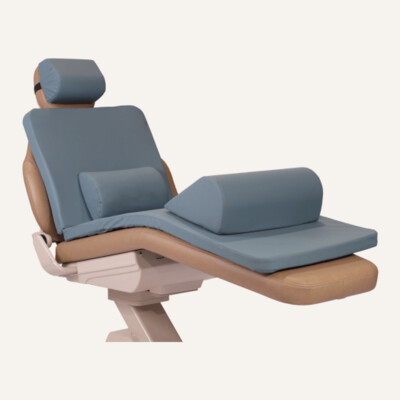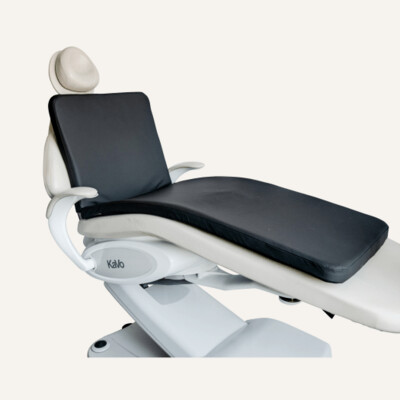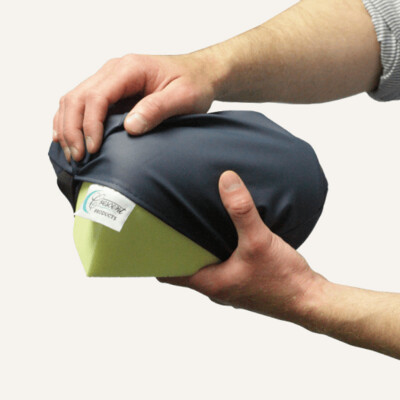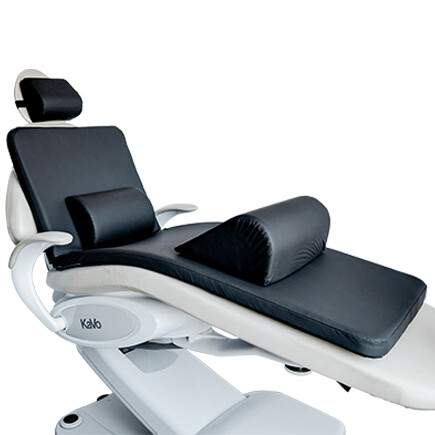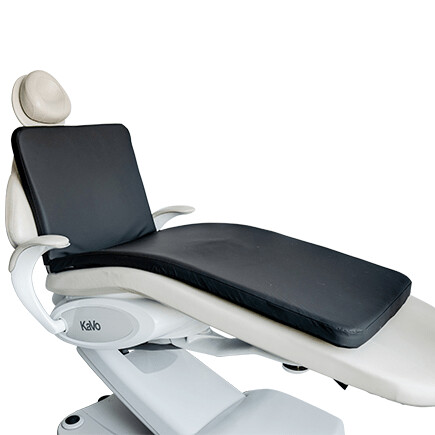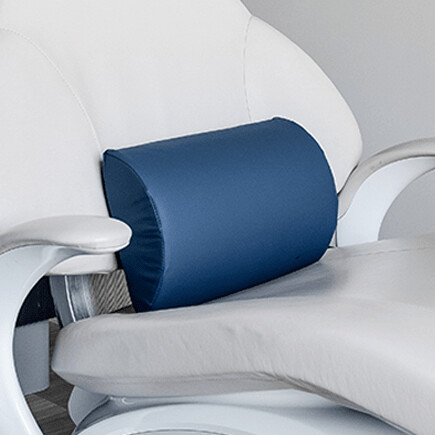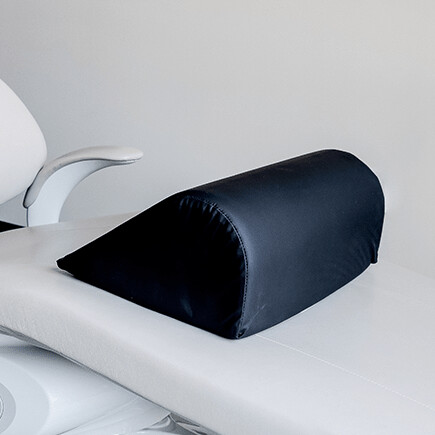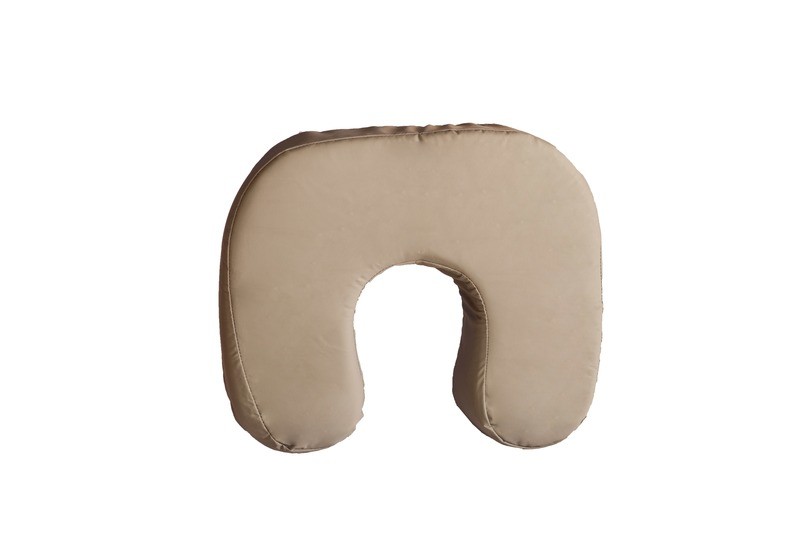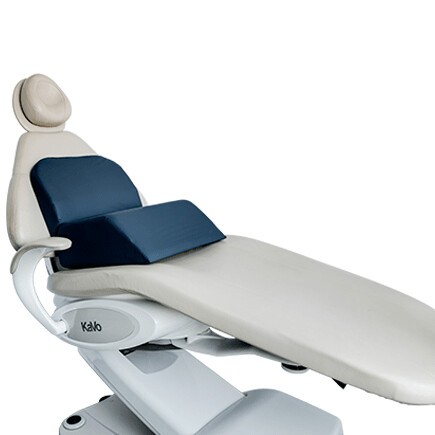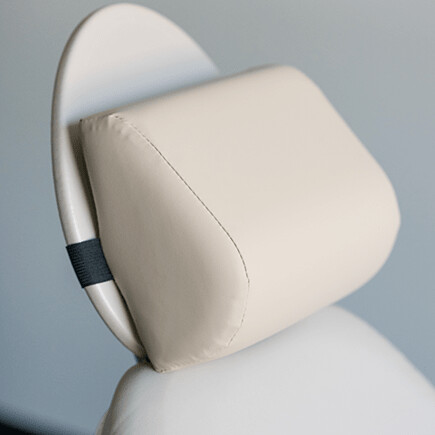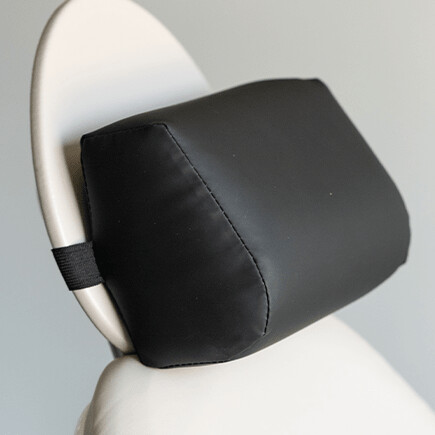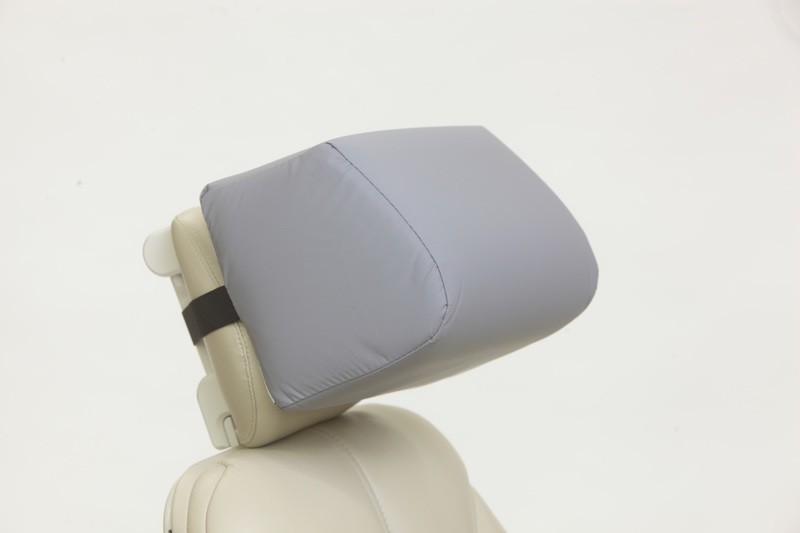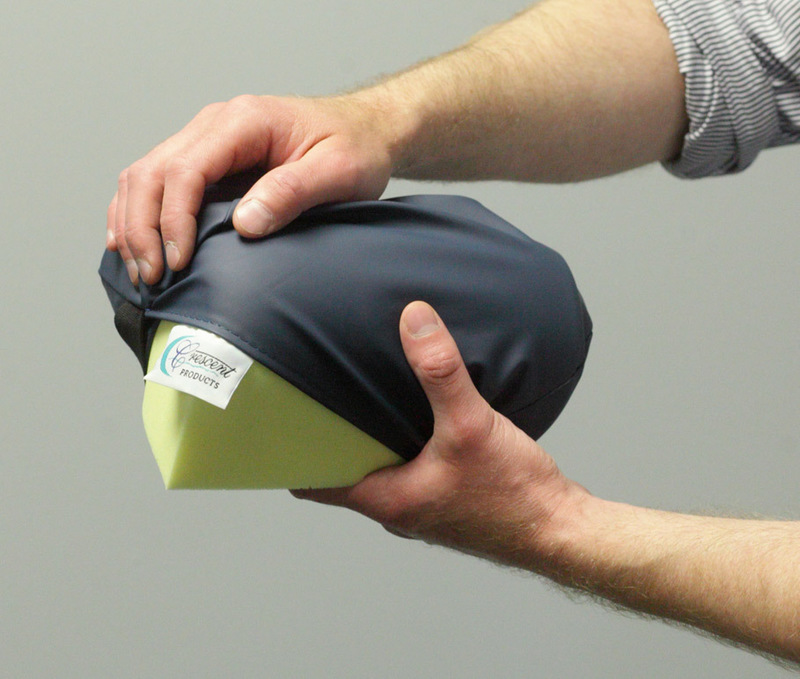The Top Causes of Pain in Dental Hygienists
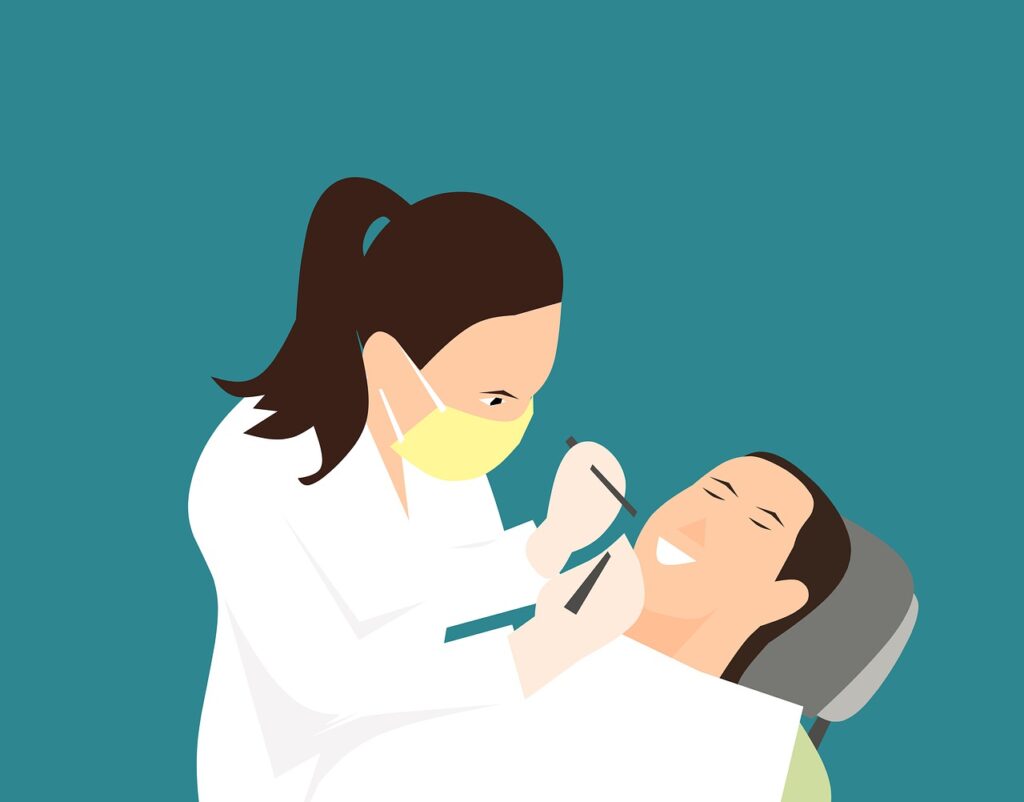
As a dental hygienist, you know there’s no such thing as a pain-free day in the office! From the moment you step into the dental clinic, your body is bound to experience some discomfort. While occasional soreness and fatigue can be expected, there are some common causes of pain experienced by dental hygienists that can quickly put a damper on your day. To help you better understand the causes of pain in your profession, we’ve compiled a list of the top six most common culprits.
Musculoskeletal Issues
When it comes to the most common causes of pain in dental hygienists, musculoskeletal issues reign supreme. This can include pain or discomfort in the hips, back, wrists, and neck. Your body is constantly in motion while you work, so it’s no surprise that the strain from all this movement can lead to pain.
To help reduce these pains, it is recommended that dental hygienists take frequent breaks throughout the day, perform stretching and strength exercises, and use ergonomic solutions to adjust their workspace for comfort.
Neuropathic Pain
Neuropathic pain is caused by nerve damage, making even the slightest movements painful. When you work with patients in the dental clinic, it can be difficult to avoid the occasional nerve pinch or shock. This pain is often worse with repeated motions and may require medical attention.
Fortunately, this type of pain can be managed with the help of medications that reduce nerve inflammation, as well as physical therapy. You can also reduce the risk of neuropathic pain by ensuring that your workspace is properly organized and that you are taking the necessary steps to protect your hands, wrists, and arms while working.
Weakness and Inflexibility in the Muscles
As a dental hygienist, you must perform many repetitive motions. Over time, this can cause your muscles to become weak and inflexible. Since your muscles are what help you remain in a comfortable position while working, this can lead to increased pain and discomfort.
To combat these issues, it’s important to perform regular stretching and strengthening exercises. This will help keep your muscles strong, flexible, and pain-free.
Radial Repetitive Movements
Due to the nature of your job, you will often find yourself performing numerous radial repetitive movements. This can lead to inflammation and pain in the muscles, as well as other joint issues. The solution to this type of pain is to try to vary your movements throughout the day to give your body the break it needs.
Poor Posture
Poor posture while working can lead to a variety of pains and aches. As you constantly lean forward while treating patients, developing a poor posture that strains the neck and back muscles is easy. Also, the awkward positions you may assume while working can pressure the joints and muscles, causing pain.
To improve your posture while treating patients, adjust your posture regularly throughout the day. Sit on a supportive chair with adjustable heights and back supports if you can.
Low-Level Vibrations
When working with dental tools, you often experience low-level vibrations that can cause discomfort. This type of pain is often mistaken as fatigue but can also be a sign of nerve damage or an early warning sign of carpal tunnel syndrome. It’s important to be aware of the signs and symptoms of this type of pain so that it can be managed early on.
Use ergonomic tools specifically designed to reduce vibrations to reduce the risk of this type of pain. Additionally, wear wrist and elbow supports to help reduce muscle tension. These supports can also be a great way to ensure you maintain proper posture while working.
